Are you sick of watching films or listening to music with mediocre speakers that can’t produce your desired sound? You should up-to-date your audio system if this is the situation. But how can you select which option is greatest for you?
We will inspect studio monitors and bookshelf speakers detailed in this post. We will also guide you in selecting the model to meet your audio needs.
Quick Comparison: Studio Monitor Vs Bookshelf Speakers
Now you know the benefits and drawbacks of studio monitors and bookshelf speakers. Let’s explore the distinctions between these two speaker types in more detail.
Bookshelf Speakers
Knowing which best meets your needs is vital because bookshelf speakers and studio monitors have distinctive characteristics. The typical consumer wants a straightforward, small speaker that produces better music quality. They are small speakers that enhance the audio in small to medium-sized spaces. These consumer-grade speakers ought to sound and appear good right out of the box, so they are leaning toward usability and aesthetics.
Bookshelf speakers are the most common you’ll find because it has everything that an average consumer needs. It can be used as a standalone speaker connected to a device or as a component of an existing home theater system. It enhances audio quality without costing as much to purchase a full-fledged sound system and without the hassle of setting up more complicated speakers.
So, Bookshelf speakers are made for them. They can be utilized as standalone speakers or as a component of a home theatre system due to their adaptability. The price and positioning versatility of bookshelf speakers are fantastic features. You may put them anywhere, including a speaker stand, table, or high surface. Planning the layout of your room and reserving space for your sound system is now simpler. It’s essential to remember that bookshelf speakers need better bass power. If you want a more profound bass experience, you should spend more money on additional subwoofers.
Studio Monitors
On the other hand, Studio monitors are speakers of the highest caliber frequently utilized in audio production. They are ideal for individuals who want precise and high-fidelity sound reproduction. They provide excellent audio quality and lossless output.
Studio speakers are excellent at generating clear and crisp bass since they have separate power sources. There might be better choices for customers who want high-quality audio with little configuration. It can be challenging for regular users to use studio monitors since they require precise volume control and different power sources. Their functional design might look better in a living room or home theatre setup.
Studio monitors are high-end speakers used by professionals when a more accurate audio reproduction is required. These enclosure-mounted loudspeakers are frequently used in audio productions like movies and television shows. When you listen to music, your sound quality depends on your opinion. It will not matter if the output you are getting is the same caliber as the artist’s intended if it sounds right. Budget speakers might sound good if the output is set up correctly. We refer to it as the consumer mentality.
You may improve your audio experience and make an informed decision if you know the distinctions between these two categories of speakers. You can access the best studio monitors through the following links:
Differences in Audio Reproduction: Studio Monitors vs Bookshelf Speakers
There are considerable distinctions between bookshelf speakers and studio monitors regarding audio reproduction.
● Studio Monitor
Studio monitors are made to reproduce sound as accurately and precisely as possible. Professionals in audio production utilize them to ensure that every audio aspect is accurately recorded and produced. Studio monitors provide unrivaled audio quality that will please even the pickiest ears to their independent power sources.
● Bookshelf Speaker
On the other hand, bookshelf speakers are high-quality consumer speakers that place a premium on aesthetics and usefulness. Bookshelf speakers substantially improve audio quality, even if they give a different level of audio accuracy than studio monitors.
Which is the Right Choice for Your Needs?
Consider cost, usability, appearance, and music quality when selecting the speaker that best meets your requirements. Think carefully about your priorities before choosing between bookshelf speakers and studio monitors.
Bookshelf speakers are the best choice if you’re a typical consumer seeking a straightforward, user-friendly alternative. They may be placed everywhere in your room, providing flexibility and saving space. You may improve your home theatre system with bookshelf speakers without dealing with the challenges of more complicated speakers.
On the other hand, studio monitors are a great option if you value the highest audio quality and love music production or content creation. Their volume control can be difficult, and they demand more technical setup and experience. Your particular requirements and tastes will ultimately determine whether you choose studio monitors or bookshelf speakers. Consider your space’s dimensions, budget, and desire for simplicity or customization to get the highest audio quality.
Conclusion
Many people need help deciding between bookshelf speakers and studio monitors, but knowing where and how you will use them will simplify your choice. Although studio monitors sound better than bookshelf speakers, they are not necessarily the superior choice. In reality, high-quality bookshelf speakers frequently suffice to satisfy the requirements of the average consumer.
Both bookshelf speakers and studio monitors are practical pieces of audio gear, but I don’t know which is superior. Knowing your target and purpose is essential because they both serve different purposes.
FAQs
Is it possible to listen to music through a studio monitor?
Studio monitor speakers are excellent for listening to music. They will provide you with the music as it was intended by the producers, with no artificial enhancements. However, because of their accuracy, they will reveal flaws and details that you may have yet to hear.
Is there bass on studio monitors?
Many popular affordable and compact studio monitors will go down to around 40Hz or less. This should be enough to hear some bass, but the problem is that the roll-off starts before that.
What exactly is the distinction between studio monitors and bookshelf speakers?
Studio monitors are intended to represent the authentic sound of audio and are designed for monitoring the sound of a mix in a studio environment. Bookshelf speakers, while similar in size, are intended for entertainment and do not reproduce audio as precisely.


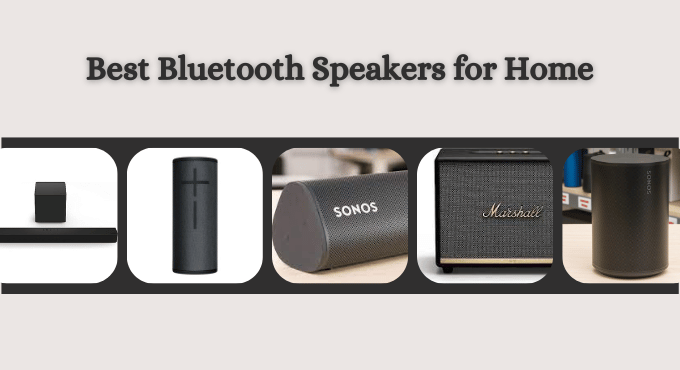
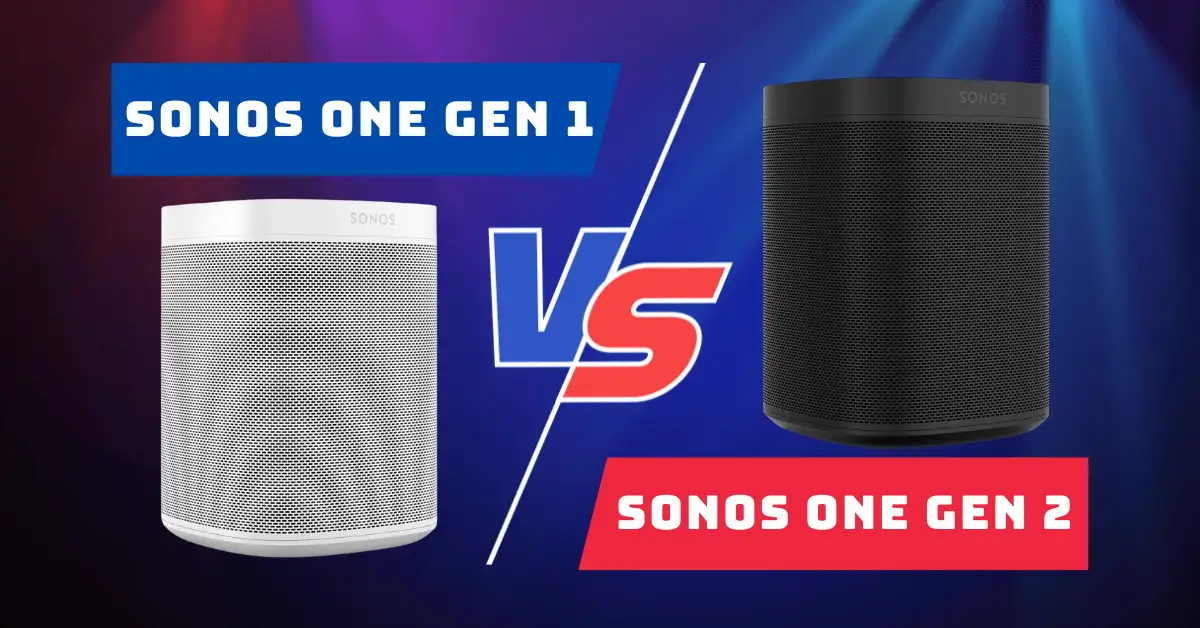

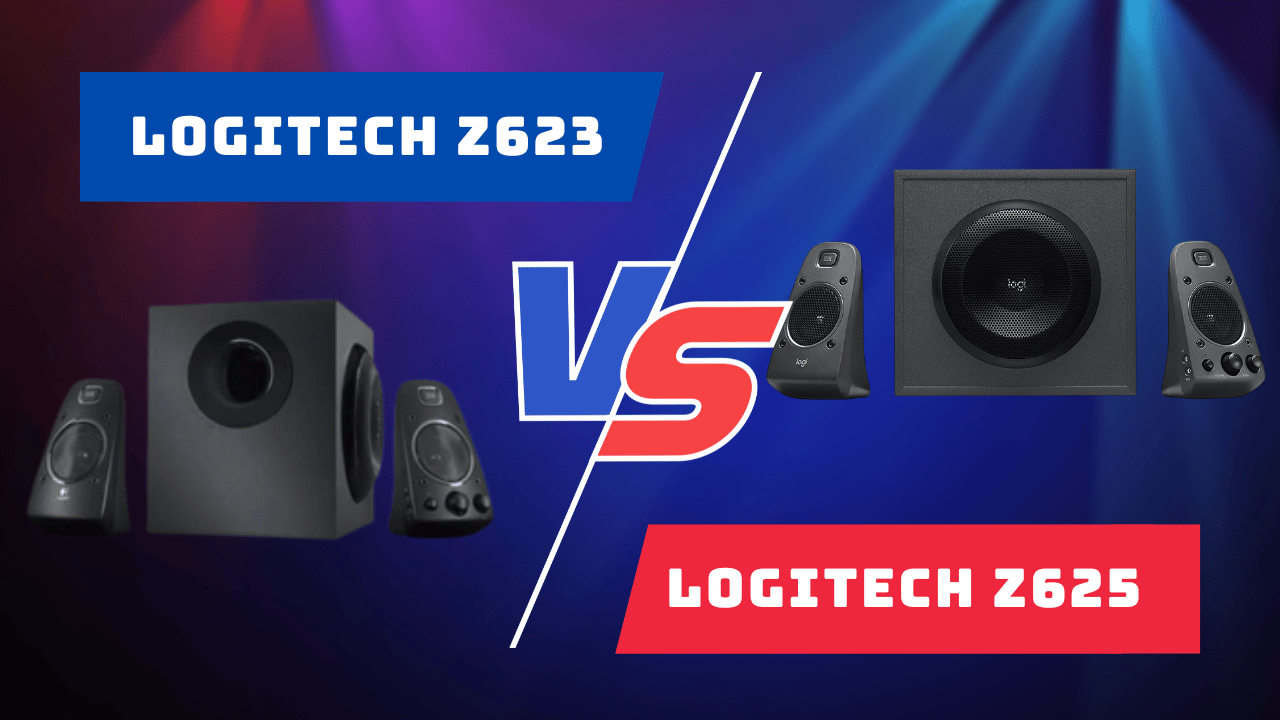

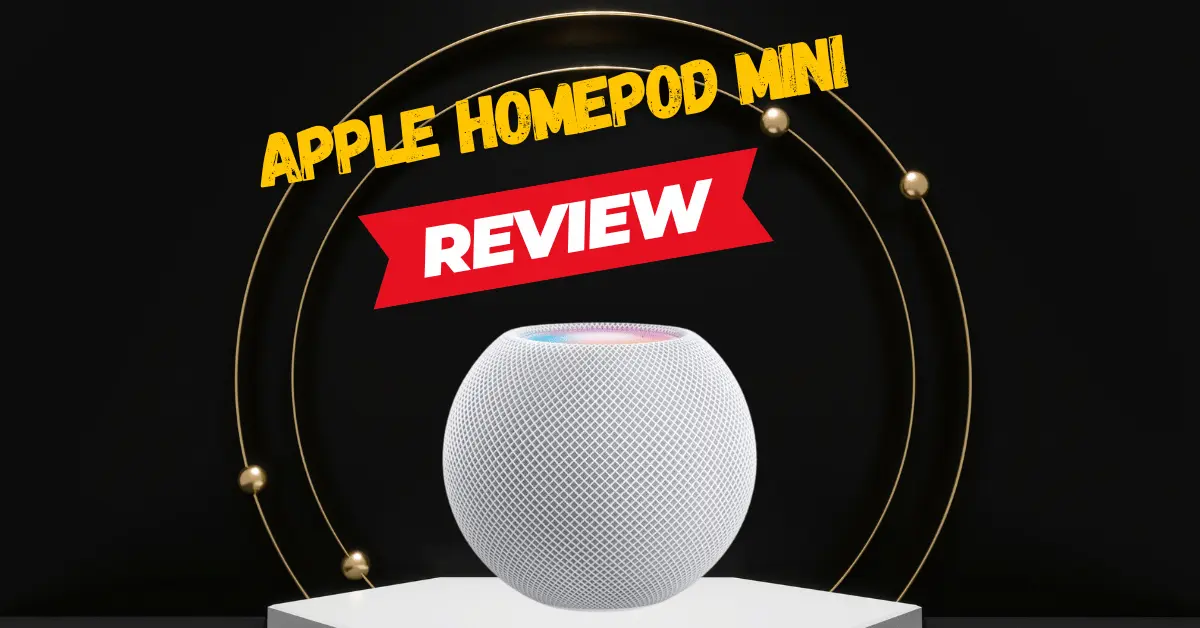
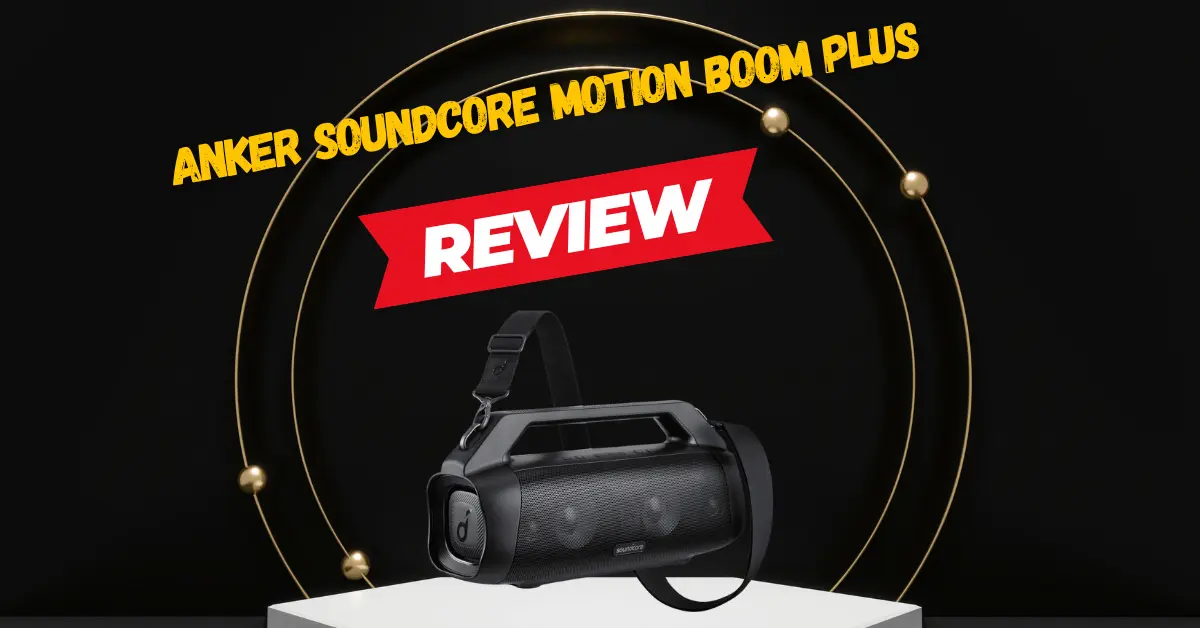
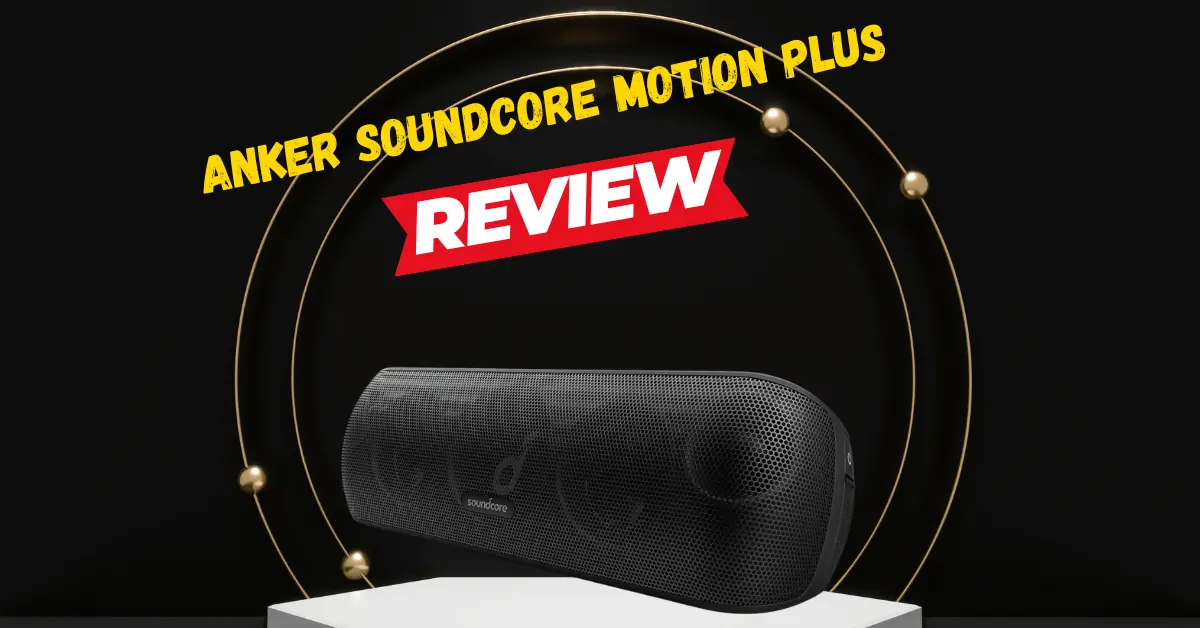





Leave a Reply